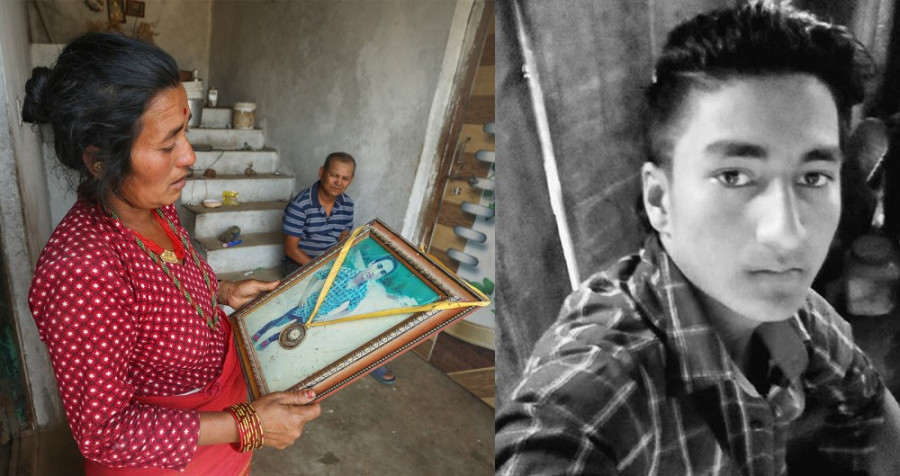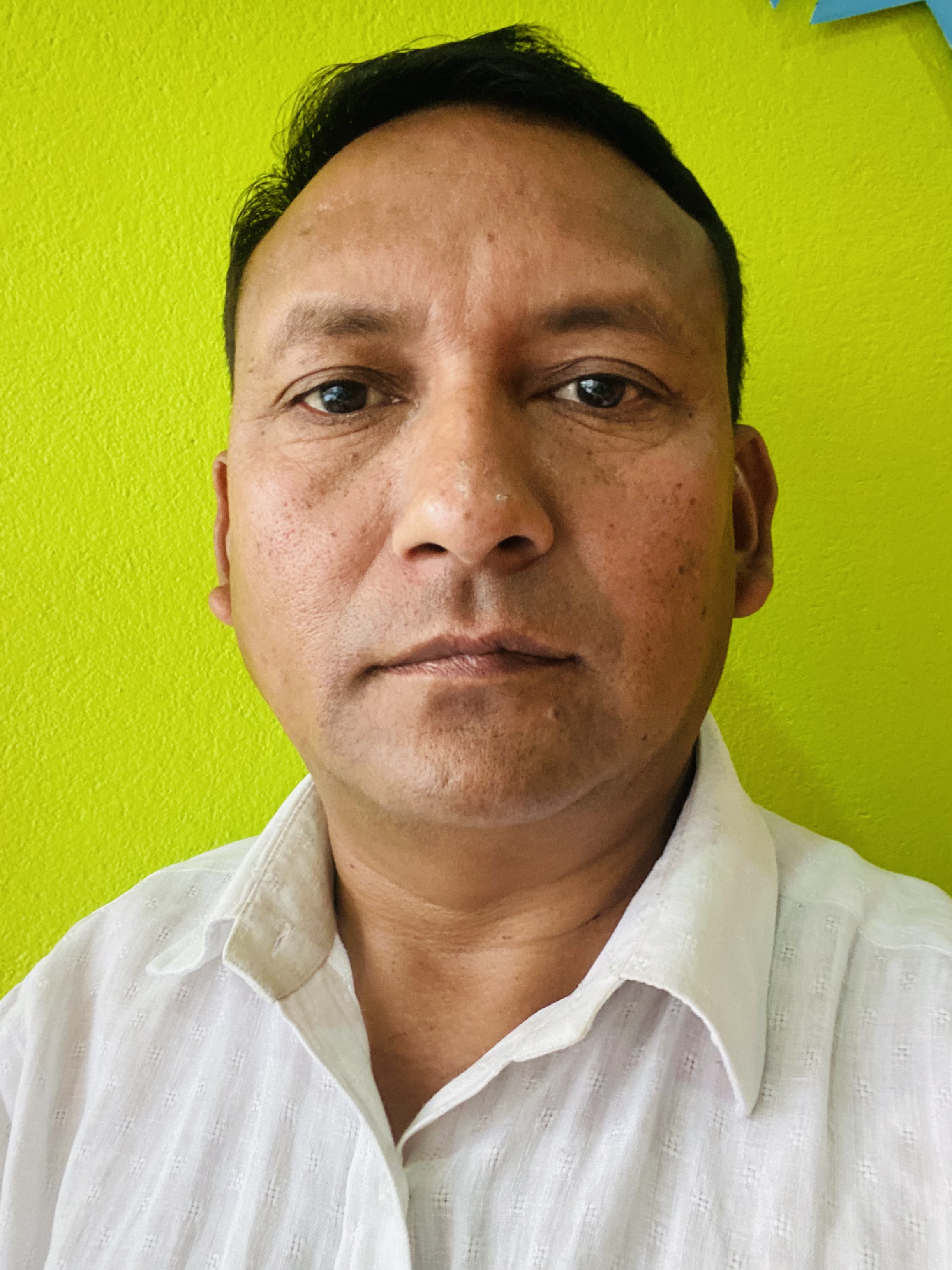Columns
Silence and shame in Ajit Mijar’s killing
Caste hatred often precipitates caste violence, and hardly any criminal is sentenced to jail.
Mitra Pariyar
Last Monday, some Dalit lawyers, politicians and Dalit rights activists, including myself, gathered in Lalitpur to discuss ways to make a last-ditch effort to deliver justice to Ajit Mijar. A young Dalit from Kavre district, Mijar was allegedly killed in July 2016 by the family of his girlfriend as their upper-caste pride could not tolerate their woman’s marriage to the son of a shoemaker.
Yet again, the ancient Manubadi laws triumphed over modern secular laws. Mijar’s corpse has been lying in a morgue at the TU Teaching Hospital, Maharajgunj, to date, leaving no sign of justice for the victim’s family. Silence all these years notwithstanding, a renewed interest among some Dalit activists has led them to pursue justice now because the case, lost at the district and high courts, has arrived at the Supreme Court.
It is common knowledge that for most Dalits, Nepal’s democracy is a hoax. The rule of law is a joke. Caste hatred often precipitates caste violence, and hardly any criminal is sentenced to jail. The landmark recent ruling by the West Rukum Court on the lynching of Nabaraj BK and his five friends earlier has provided a glimmer of hope.
Prime Minister Pushpa Kamal Dahal (who was seen as a liberator of the downtrodden) and the rest of the powers seem to have zero interest in delivering justice; instead, as lawyers and activists suspect, the parties and their leaders have been bent on protecting the criminals. On several occasions, I have publicly asked some of our government ministers and other influential politicians if the dead body of a Dalit man kept in a fridge for so long does not in any way pinch their sense of morality and humanity.
A typical ‘murder’
Madly in love, Mijar wanted to marry his girlfriend from the same village. However, the girl’s family vehemently objected because of caste reasons. The proposed marriage would have been a huge blow to family honour and prestige, and it would also offend their deities.
Days after the girl’s elder sister and other relatives threatened Mijar, he disappeared. A few days later, the police in Dhading found his corpse hanging from a tree. They hastily jumped to the conclusion that it was a suicide and that it was an unidentified body by the roadside. Thus, the corpse was buried under suspicious circumstances.
When the news reached the deceased’s family in Kavre, they asked for the body to be exhumed and a legal process to be initiated. Their suspicions of a cruel murder were also alluded to, if not vindicated, by a separate investigation by the Dalit Commission.
The marks on his body and face indicated a possible cold-blooded murder. Supported by some Dalit activists and lawyers in Kathmandu, on July 17, 2016, Mijar’s family filed a murder case at a police station in Gajuri, Dhading. They have long maintained that they will not cremate their son’s body until justice is done.
This is quite a bold and appreciable step by Mijar’s family and relatives; in most other cases of caste violence, the victim’s families are easily drawn away from pursuing justice for small compensation by the government.
State’s typical response
As in most other cases of caste violence, certain political forces have actively protected the elected murderers by derailing the legal process. Yet again, their suspicions of foul play have been proven by international human rights organisations such as Amnesty International, which observed that the police did not properly investigate the likely murder. When the high court in Patan upheld—on April 25, 2022—the ruling of the district court and acquitted the three suspects, the desperate family and their supporters Dalit activists met with the Attorney General, Raman Shrestha (from the Maoist party), and sought his intervention to take the case to the apex court. But he simply ignored their plea.
The lawyers fighting on behalf of the victim’s family claim they have been pressured by some powerful people to drop the case. Also, these advocates do not have any support, financial or otherwise, from the Dalit Commission or any Dalit NGOs or groups.
Worse still, some Dalit leaders themselves have become stooges of the upper-caste politicians and played a role in denying justice to the poor and helpless victim’s families. The rulers know the ancient trick: Diamond cuts diamond.
Plea for support
The Supreme Court will take another two or three years to arrive at a verdict. Meanwhile, the bill from the hospital morgue has become huge, which Mijar’s parents and kin cannot pay. They need all sorts of support and assistance to ensure the criminals do not win. Yet again!
Like the notorious Soti murders, the Mijar murder has become an issue of national shame. This casteist state probably does not feel it that way, but many people, both Dalits and others, do so strongly.
The nation, including human rights groups and media, as well as the representatives of international diplomatic and donor agencies, must throw their weight behind yet another iconic case. Street protests also play an indirect but major part in the justices’ thinking. If the victim ultimately gets justice, it will hugely boost Dalit’s morale and also restore their faith in the state.
Similarly, Dalit activists, not least the youths, should launch peaceful protests in Kathmandu’s streets. Resorting to violence will never serve the purpose.




 18.12°C Kathmandu
18.12°C Kathmandu















